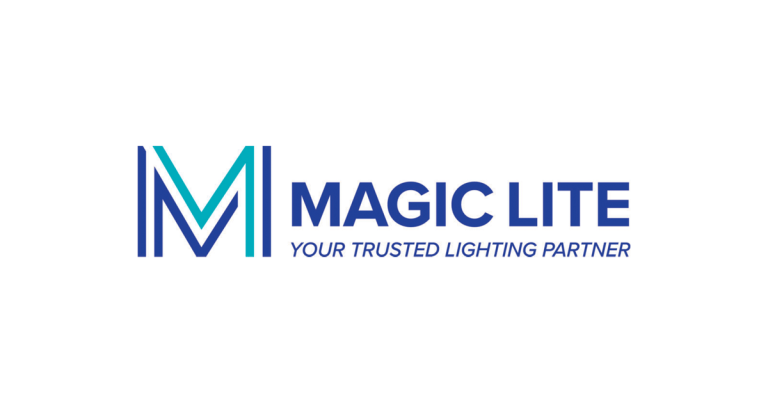Connected Lighting Controls Help College Achieve Zero Carbon Building Certification

Oct 24, 2019
Like many higher education institutions, Humber College is committed to sustainability. But at Humber, they take that commitment to the highest level. The Toronto college instills sustainability across every facet of the school and has had numerous accomplishments from their projects and partnerships that link community engagement and academics. One impressive result is that Humber has been named one of Canada’s greenest employers for four consecutive years (2016-2019).
First retrofit to achieve zero carbon certification in Canada
Humber’s latest sustainability achievement is its North Campus Building NX being the first retrofit project to achieve a Zero Carbon Building (ZCB) Design certification from the Canada Green Building Council (CaGBC). A zero-carbon building is highly energy-efficient and offsets the annual carbon emissions using clean, renewable energy.
The NX building retrofit supports Humber’s 20-year Integrated Energy Master Plan (IEMP), which is a roadmap that sets aggressive targets to reduce the college’s overall greenhouse gas emissions. This strategic plan has ambitious goals that aim to reduce energy and water consumption by 50%, while reducing carbon emissions by at least 30%, all by 2034. The carbon emissions goal is especially lofty as it is tracked against absolute emissions for a college that is planning significant growth.
Work on the five-storey NX building included a complete envelope retrofit that is highly insulated and airtight, including new triple-pane windows. Energy-efficient upgrades to the lighting, heating and cooling systems and a new 25 kW Solar PV system were also completed. The lighting system was upgraded to the Encelium Extend Networked Light Management System (LMS) — a flexible and powerful intelligent lighting system that centrally monitors, analyzes and manages lighting in over 20 Humber College buildings. Additional energy efficiency was achieved using a number of smart lighting control strategies including occupancy sensors, daylight harvesting and task tuning.
One of the most energy-efficient buildings in North America
Originally built in 1989, the building was notorious for being cold in the winter and hot in the summer. After the retrofit, Humber’s NX building will use 70% less energy than before, making it the college’s most energy efficient building, and one of the most energy efficient in North America. Where once staff grumbled about the cold or the heat, Building NX now serves as a comfortable space boasting ideal temperatures and ample daylight.
Humber College’s Building NX has been wholly transformed and serves as a national example of how to retrofit to zero carbon.
Humber College is one of Canada’s leading postsecondary institutions, offering a polytechnic education that emphasizes a solid academic foundation and practical, hands-on learning. The college has over 31,000 full-time students and offers bachelor’s degrees, diplomas, graduate certificates and apprenticeships in more than 180 programs. Its mission is to develop global citizens with the knowledge and skills to lead and innovate. Humber has created a culture of sustainability. The institution has a dedicated energy efficiency team and sustainability is integrated into operations and student learning.
In addition to the NX building, the Encelium Extend LMS is also being used for centralized lighting control of 20 other buildings. Humber is leveraging the Encelium Extend System across the campus in support of sustainability initiatives that reduce energy consumption, including the use of occupancy sensors to trigger both lighting and HVAC, daylight harvesting throughout all buildings, and task tuning to create the appropriate light levels for particular activities or uses of space. To instill sustainability in learning, the faculty at Humber College plans to incorporate the Encelium Extend System into their innovative learning sandbox. This initiative enables students to learn how to control, commission and audit lighting systems as part of their studies.






![Guide to the Canadian Electrical Code, Part 1 – 26th Edition[i] – A Road Map: Section 54](https://electricalindustry.ca/wp-content/uploads/2022/11/Guide-CE-Code-2-768x432.png)





![Guide to the Canadian Electrical Code, Part 1 – 26th Edition[i] – A Road Map: Section 54](https://electricalindustry.ca/wp-content/uploads/2022/11/Guide-CE-Code-2.png)




